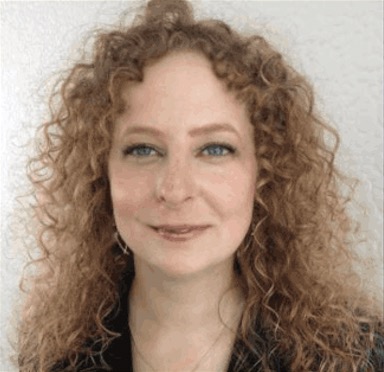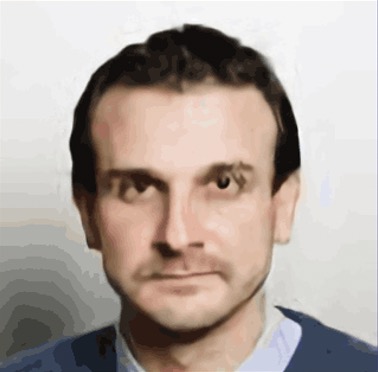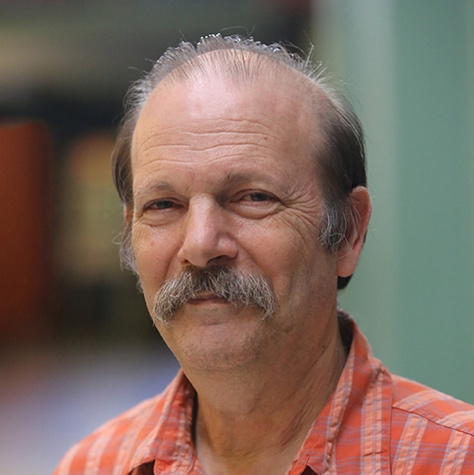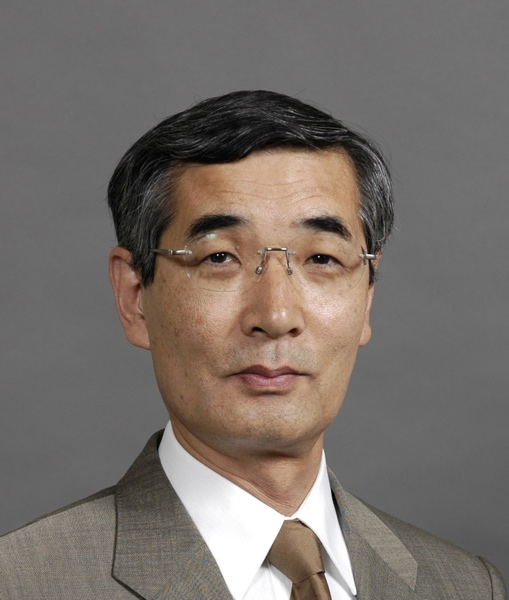Table of Content click to show or hide
ECNU Summer School 2021 Program
|
2021.08.23 Monday |
2021.08.24 Tuesday |
2021.08.25 Wednesday |
2021.08.26 Thursday |
2021.08.27 Friday |
|
08:00-11:00 Kristin Y. Rozier |
08:00-11:00 Kristin Y. Rozier |
09:00-10:00 Moshe Y. Vardi (Keynote from TASE 2021) |
09:00-10:00 Kokichi Futatsugi (Keynote from TASE 2021) |
08:00-11:00 Kristin Y. Rozier |
|
15:00-18:00 Frederic Mallet |
14:00-17:00 Frederic Mallet |
10:30-18:30 Sessions from TASE 2021 |
10:30-18:30 Sessions from TASE 2021 |
14:00-17:00 Frederic Mallet |
This course will provide an introduction to formal methods, a set of mathematically rigorous techniques for the formal specification, validation, and verification of safety- and security-critical cyberphysical systems, of which aircraft and spacecraft are the prime example. We will discuss the principles of formal methods, when and why to use them, and their strengths and limitations. Our exploration will highlight state-of-the-art tools, techniques, and application

She earned her Ph.D. from Rice University and B.S. and M.S. degrees from The College of William and Mary. Dr. Rozier's research focuses on automated techniques for the formal specification, validation, and verification of safety critical systems. Her primary research interests include: design-time checking of system logic and system requirements; runtime system health management; and safety and security analysis.
Her advances in computation for the aerospace domain earned her many awards including: the NSF CAREER Award; the NASA Early Career Faculty Award; American Helicopter Society's Howard Hughes Award; Women in Aerospace Inaugural Initiative-Inspiration-Impact Award; two NASA Group Achievement Awards; two NASA Superior Accomplishment Awards; Lockheed Martin Space Operations Lightning Award; AIAA's Intelligent Systems Distinguished Service Award. She holds an endowed position as Black & Veatch faculty fellow, is an Associate Fellow of AIAA, and is a Senior Member of IEEE, ACM, and SWE. Dr. Rozier has served on the NASA Formal Methods Symposium Steering Committee since working to found that conference in 2008.

During the lecture, he is going to introduce some symbolic representations to encode efficiently properties that need to be verified (Binary Decision Diagrams, Synchronized Product of Automata) and to show how these data structures are used in practice in many verification frameworks, including synchronous languages.
The year 2019 sees the 70th anniversary to Alan Turing's 1949 paper, "Checking a Large Routine" and the 50th anniversary of Tony Hoare's paper, "An Axiomatic Basis for Compuer Programming". In the latter paper, Hoare stated: "When the correctness of a program, its compiler, and the hardware of the computer have all been established with mathematical certainty, it will be possible to place great reliance on the results of the program, and predict their properties with a confidence limited only by the reliability of the electronics." In this talk, I will review the history of this vision, describing the obstacles, the controversies, and progress milestones. I will conclude with the description of both impressive progress and dramatic failures exhibited over the past few years.

Critical flaws continue to exist at the level of domain, requirement, and/or design specification, and specification verification, i.e., to prove a specification has desirable properties, is still one of the most important challenges in software engineering. CafeOBJ is an executable algebraic specification language system that can be used for specification verification by writing proof scores. Domain/requirement/design engineers using CafeOBJ are expected to construct proof scores for getting reliable specifications . CafeOBJ is a sister language of OBJ and proof scores have been brought up by the OBJ/CafeOBJ community. Specification verification is theorem proving where the specification is a set of axioms and the desirable properties are theorems. Fully automatic theorem proving often fails to convey an understanding of proof, and one should seek to make optimal use of the respective abilities of humans and computers, so that computers do the tedious formal calculations, and humans do the high level planning. Proof scores intend to meet these goals by hiding the detailed calculations done by machines while revealing the proof plan created by humans. This talk explains advances of proof scores for specification verification in CafeOBJ.
